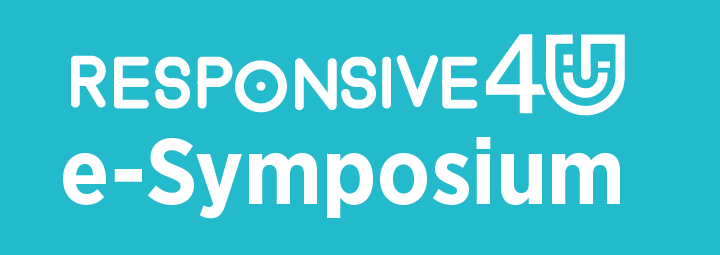Keynote Interview with Professor Rick Glofcheski
Discussion
Keynote Interview with Professor Rick Glofcheski
Discussion
About the Project
The University of Hong Kong (HKU), in collaboration with The Chinese University of Hong Kong (CUHK), The Hong Kong Polytechnic University (PolyU) and The Hong Kong University of Science and Technology (HKUST), implements a project “The Responsive University: Appreciating Content Sharing in General Education” which is funded by the University Grants Committee (UGC) Funding Scheme for Teaching and Learning Related Proposals.
The Project aims to create shareable quality course packages (online course vehicles supplemented with intensive face-to-face activities) and experiment a cross-institutional learning system which prepares the higher education sector for development of a transparent and trustworthy credit transfer mechanism. Arising from this joint project, the four institutions enter into an Agreement for Collaboration, under which eligible students in the participating institutions can enrol in one of the eleven designated Common Core / General Education courses respectively offered by other partner institutions.

About the Project
The University of Hong Kong (HKU), in collaboration with The Chinese University of Hong Kong (CUHK), The Hong Kong Polytechnic University (PolyU) and The Hong Kong University of Science and Technology (HKUST), implements a project “The Responsive University: Appreciating Content Sharing in General Education” which is funded by the University Grants Committee (UGC) Funding Scheme for Teaching and Learning Related Proposals.
The Project aims to create shareable quality course packages (online course vehicles supplemented with intensive face-to-face activities) and experiment a cross-institutional learning system which prepares the higher education sector for development of a transparent and trustworthy credit transfer mechanism. Arising from this joint project, the four institutions enter into an Agreement for Collaboration, under which eligible students in the participating institutions can enroll in one of the eleven designated Common Core / General Education courses respectively offered by other partner institutions.




